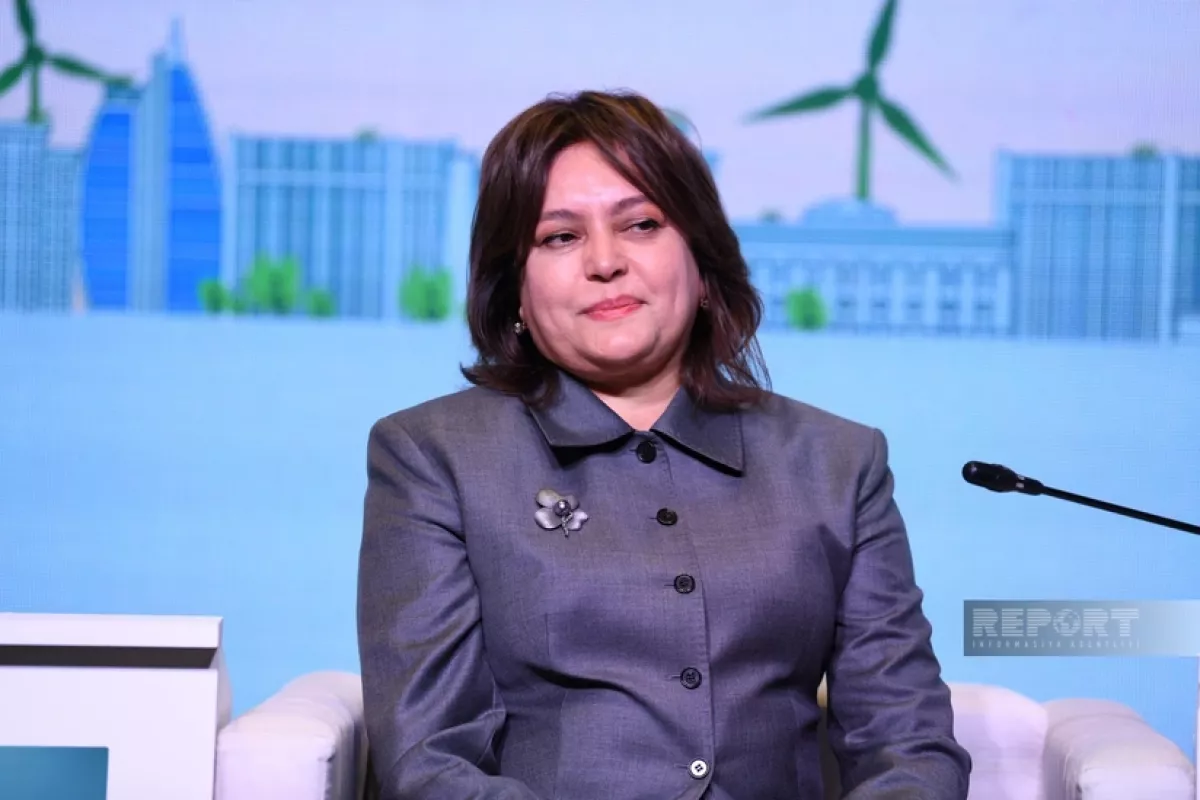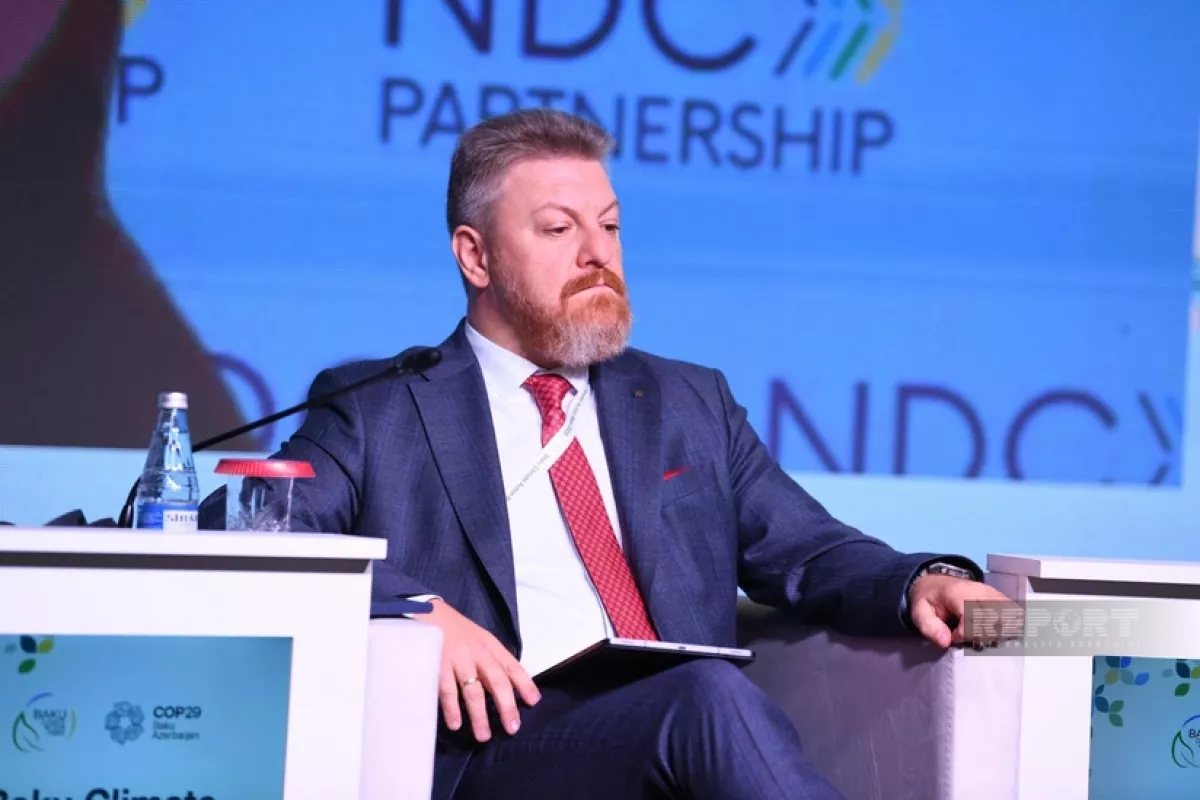UN official: Green energy transition must be just, strengthen labour market
The transition to green energy must go hand in hand with social justice and the strengthening of labour markets, President of the 73rd Session of the UN General Assembly Maria Fernanda Espinosa said at the Baku Climate Action Week (BCAW2025).
“The transition to green energy must be just. It's not only about reducing carbon emissions—it must also eliminate poverty and strengthen labor markets,” Espinosa stressed, Caliber.Az reports per local media.
She warned that without proper regulation, “70% of the global population could face serious hardship.”
According to her, global goals related to human capital and labor markets should be designed for the long term, and “resources must be distributed equitably from an economic standpoint. Only then can poverty rates be reduced.”

Azerbaijan’s Deputy Minister of Ecology and Natural Resources, Umayra Taghiyeva, underlined that climate change is already a pressing reality with consequences that will become more pronounced in the future.
“Azerbaijan has developed a climate change adaptation plan, and this issue was actively discussed at COP29. It is important to use innovative and modern technologies in the adaptation process. In some cases, ecosystem-based targets can bring more tangible results,” she said.
Taghiyeva noted that Azerbaijan is cooperating with the UN Secretariat on climate-related issues and receives technical support.
“Azerbaijan will prepare more projects to prevent climate change and will seek to contribute to international cooperation,” she added.

The urgency of immediate action was also highlighted by Victor Kovalenko, a representative of Ernst & Young’s Climate Change and Sustainability Services in Central Asia.
“The world is already feeling the effects of climate change: lands are becoming desertified, and temperatures are rising,” he said, stressing that the problem “already exists and requires the utmost attention.”
Kovalenko emphasised that transitioning economies to green and carbon-free models is not only the responsibility of governments but also of businesses.
“Governments must clearly define goals in this area. When businesses have clear frameworks and goals, they can assess risks and act with appropriate risk management. Therefore, the key issue is assessing the real impact, real risks, and financial aspects,” he stated.
By Sabina Mammadli








